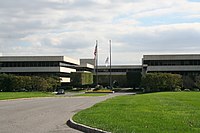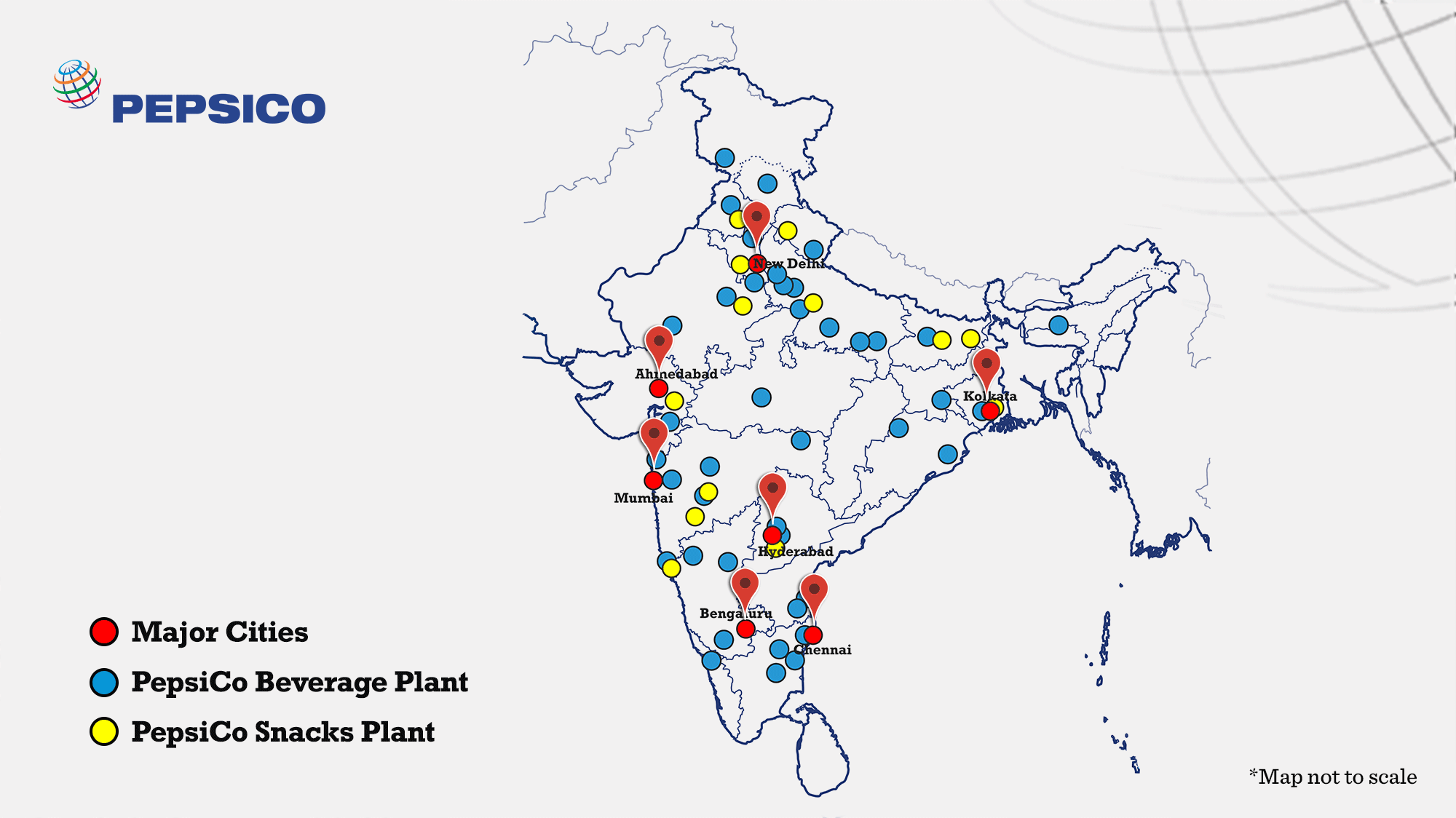Considering desire as primary motivation for the generation support.

The recipe for the soft drink Pepsi was developed by Caleb Bradham, a pharmacist and businessman from Duplin County, North Carolina. He coined the name "Pepsi-Cola" in 1898 while marketing the drink from his pharmacy in New Bern, North Carolina. As his drink gained popularity, Bradham founded the Pepsi-Cola Company in 1902 and registered a patent for his recipe in 1903.[3] The company was incorporated in Delaware in 1919. Bradham's company experienced years of success leading up World War I. However, sugar rationing during the war and a volatile sugar market in the war's aftermath damaged the company's financial health to such a degree that in 1923, Bradham declared bankruptcy and returned to running pharmacies in North Carolina. As of January 26, 2012, 22 of PepsiCo's brands generated retail sales of more than $1 billion,[2] and the company's products were distributed across more than 200 countries, resulting in annual net revenues of $43.3 billion. Based on net revenue, PepsiCo is the second largest food and beverage business in the world.
Read more 1898 August 28
PepsiCo's product mix as of 2015 (based on worldwide net revenue) consists of 53 percent foods, and 47 percent beverages.[45] On a worldwide basis, the company's current products lines include several hundred brands that in 2009 were estimated to have generated approximately $108 billion in cumulative annual retail sales.
The primary identifier of a food and beverage industry main brand is annual sales over $1 billion. As of 2015, 22 PepsiCo brands met that mark, including: Pepsi, Diet Pepsi, Mountain Dew, Lay's, Gatorade, Tropicana, 7 Up, Doritos, Brisk, Quaker Foods, Cheetos, Mirinda, Ruffles, Aquafina, Naked, Kevita, Propel, Sobe, H2oh, Sabra, Starbucks (ready to Drink Beverages), Pepsi Max, Tostitos, Mist Twst, Fritos, and Walkers.

PepsiCo has been consistently investing in India, in the areas of product innovation, increasing manufacturing capacity, ramping up market infrastructure, strengthening supply chain and expanding company’s agriculture programme. The company has built an expansive beverage and snack food business supported by 62 plants across the country. In two decades, the company has been able to organically grow eight brands, each of which generate Rs. 1000 crores or more in estimated annual retail sales and are household names, trusted across the country.
Read more 2005 March 18PepsiCo India has pioneered and established a model of partnership with farmers and now works with over 24,000 happy farmers across nine states. More than 45 percent of these are small and marginal farmers with a land holding of one acre or less. PepsiCo provides 360-degree support to the farmer through assured buy back of their produce at pre-agreed prices, quality seeds, extension services, disease control packages, bank loans, weather insurance, and the latest technological practices. The association with PepsiCo India has not only raised the incomes of small and marginal farmers, but also their social standing.
Read more 2017 Jun 15In 2009, PepsiCo India achieved a significant milestone, by becoming the first business to achieve ‘Positive Water Balance’ in the beverage world, and has been Water Positive since then. In 2015, PepsiCo India saved 12.75 billion litres more that it consumed in its manufacturing operations. The company made this possible through innovative irrigation practices like direct seeding, community water recharging initiatives, and by reducing the consumption of water in its manufacturing facilities. PepsiCo is lauded for its efforts for water conservation and has received numerous awards such as CII National award for water management and Water Digest award for water practices amongst others.
Read more 2017 Jun 15
PepsiCo India is focused on reducing its carbon footprint. In 2015, PepsiCo’s India’s Food and Beverage manufacturing operations’ dependence on non-renewable energy has reduced by 74% and 62% respectively from a baseline of 2006. This reduction has been on two counts – improved operating efficiency and technology intervention of plants and migration to renewable sources of energy such as bio mass fuels (rice husk boilers) and wind turbines.
Initiatives such as reduction in use of chemicals, eco-friendly packaging initiatives and efficient waste management help reduce load on the environment. PepsiCo in partnership with the NGO Exnora and local municipalities has also been working on a unique waste collection and treatment model programme called ‘Waste-to-Wealth’. The award winning programme has positively impacted more than 500,000 people. Following the successful implementation of the Waste to Wealth model programme, PepsiCo India has handed over four municipalities in Tamil Nadu (Chennai, Nagapattinam, Tenkasi, Cuddalore) and one municipal corporation in Haryana (Panipat), to the respective authority for sustained delivery.
PepsiCo India provides direct and indirect employment to almost 1,70,000 people. The company believes in providing employment and growth opportunities to local talent. Its ‘College of Leadership’, ensures early identification of talent, and employees’ focused development through critical experiences. PepsiCo firmly believes that encouraging diversity means encouraging policies and systems that respect people’s special needs. Not only does PepsiCo have a vibrant and diverse workforce, it takes the utmost care to make dynamic business leaders of its employees and foster their career and personal growth through differentiated experiences and a robust leadership development model.
Read more 2018 Jul 26
Since PepsiCo first entered India in 1989, our operations have been guided by a consistent commitment to India’s people and communities.
The PepsiCo Foundation is committed to work with 1,000 adolescent girls across villages in the Banaskantha district in Gujarat. The program aims to alleviate anaemia, enhance nutrition awareness and impart life skills.
12 villages adopted near Mamandur plant for long term rehabilitation after the Chennai floods in 2015. The program included health and nutrition initiatives that impacted over 20,000 beneficiaries. A vocational training program helped empower women in these villages to earn a livelihood.
33,000 children in India will receive nutritious meals through Akshayapatra, as part of the PepsiCo Foundation’s focus on increasing access to nutritious servings among underprivileged communities.
Over 400,000 meals provided to underprivileged children in India through the Quaker Feed a Child program with Smile Foundation. The initiative also developed awareness for health, hygiene and nutrition related issues.
2018 Jul 26“At PepsiCo, we believe that every child must have a chance to succeed in life, and there is no better investment in a country’s future than ensuring that children have access to nutrition. PepsiCo is guided by the ‘Performance with Purpose’ commitment to deliver sustainable value to the communities our business operates in. That is why we are proud to partner with The Akshaya Patra Foundation to provide children with nutritious meals, as an important way to help them realize their dreams. We are also working with Akshaya Patra for fortification of the midday meals by adding Quaker Oats, which are a wholegrain rich in fibre and protein, and also provide sustained energy. We hope that together we will be able enhance the nutrition delivery to children in the coming months.” says Mrs. Neelima Dwivedi, Vice President, PepsiCo India.
From WWF's website